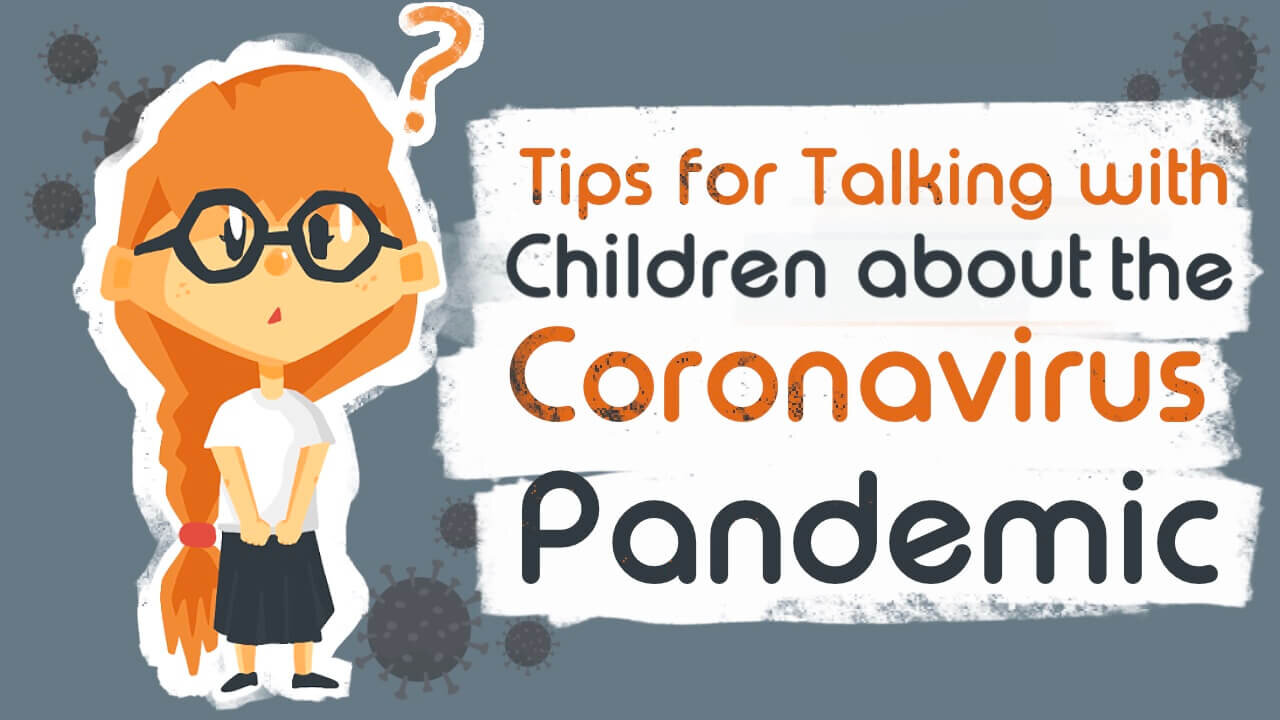Tips for Talking with Children about the Coronavirus Pandemic
SPECIAL NOTICE | Nesh is currently looking for registered psychologists to join the team at Strategic Psychology. See available positions
It can be tricky as a parent to know how much to tell your kids about what’s going on in the world. It’s also normal to want to keep them away from bad news and let them get on with being kids. But it’s important they understand what’s happening and know how to protect themselves and others.
Here 5 helpful tips on how you can talk to your children during these challenging times:
1. Answer their questions with facts
Children wish to find explanations for things bothering or concerning them. There is a lot of misinformation and uncertainty about the coronavirus so before you speak with them, make sure you know the latest news and guidance about coronavirus. Tell kids facts and information in an understandable way. Well-informed kids tend to feel less afraid.
Listen to your child’s questions and worries to have an informed conversation. Letting your child know that scientists around the world are working to find a vaccine and that the government is preparing to keep everyone safe can help them understand the situation.
2. Think about how much they need to know
Every child is different and responses to the pandemic will be different. How much you tell them depends on how old your child is. You know your children best, so only explain as much as you think they need to understand. There are things children do not need to see or hear.
Be careful about conversations children are listening in on or news they do not need to see. We can’t protect them from everything that’s unhelpful, but within our homes, we can restrict their exposure.
3. Talk about how they are feeling
Let your kids know that it's normal to feel stressed at times and that others also experience this. Recognizing these feelings and knowing that stressful times pass and life gets back to normal can help children build resilience. Let them know they can always come to you for answers or to talk about what scares them.
4. Make sure they know you are there for them
Focus on helping your child feel safe, but be truthful. They may have more questions or worries and let them know you are available to talk about anything. Remind them of the things that help when they’re feeling scared and that adults are doing everything to take care of them.
5. Tell them how they can help
Children need to hear what needs to be done to help and to stop the virus and how they can contribute. Talk about what they can do to prevent getting ill and not pass the virus on to others. Make sure they know the importance of washing their hands and that by doing this they’re helping fight the virus. And this helps keep other people safe too.

